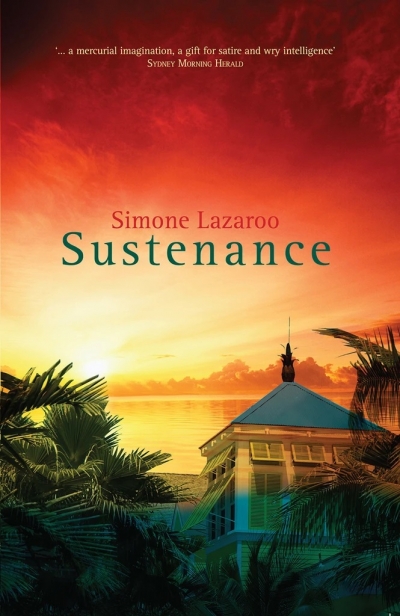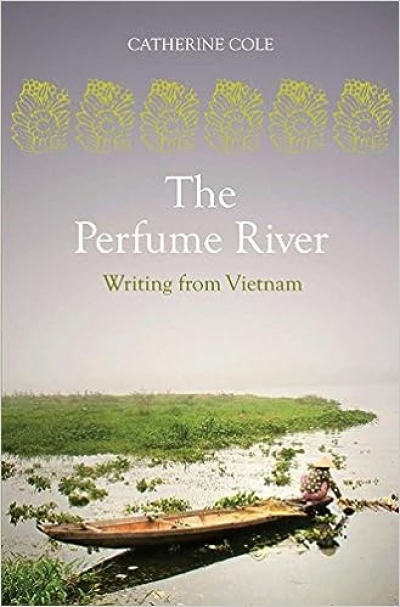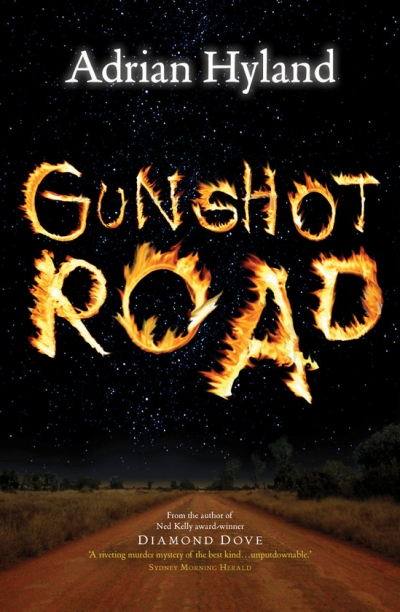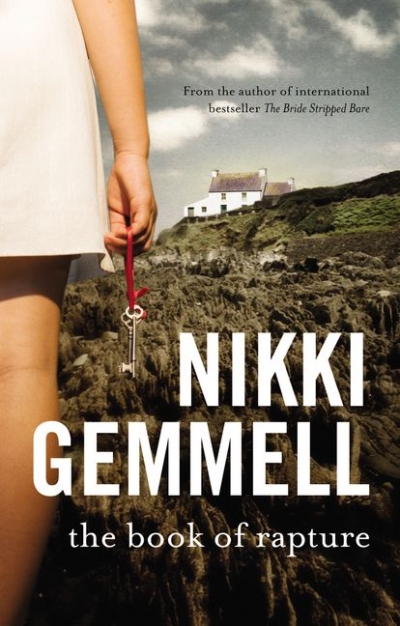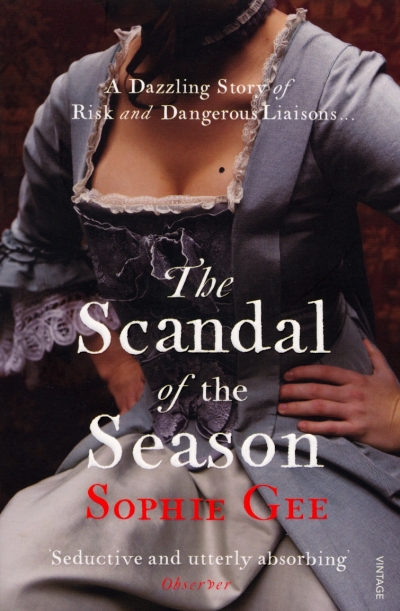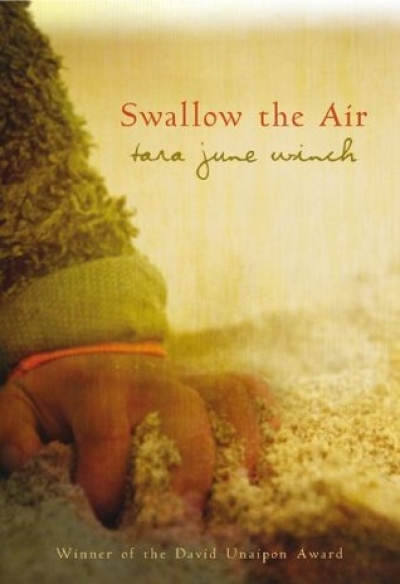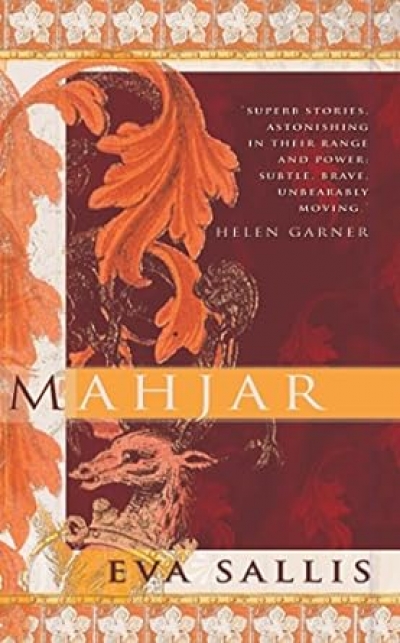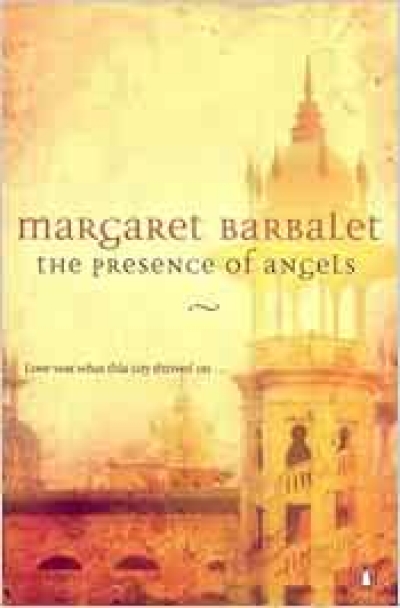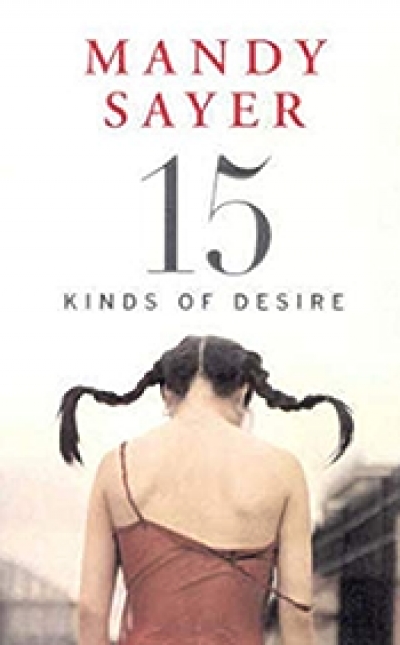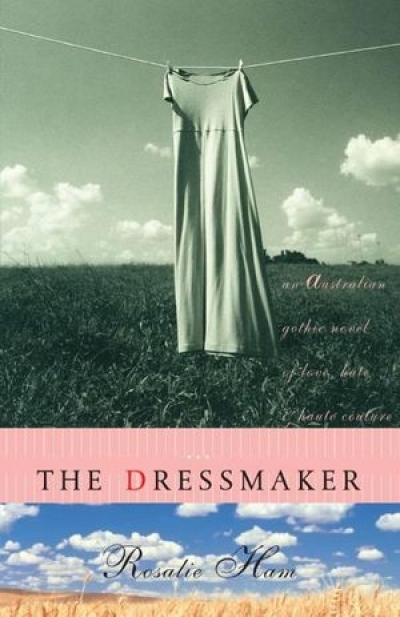Mardi McConnochie’s first novel is a strange strain of literary adaptation. In Wide Sargasso Sea, Jean Rhys manufactured a life for Charlotte Brontë’s madwoman in the attic, Bertha Rochester. McConnochie goes one step further and hijacks the Brontë sisters themselves, transplanting them from their Yorkshire home to an island called Coldwater somewhere off the colony of NSW. There the sisters are literally and metaphorically imprisoned; Coldwater is a penal settlement and their father is the prison warder. Desperate to escape their probable futures as ‘bush wife, town wife or military wife’, the sisters decide they fancy their chances as authors. Coldwater facilitates this ambition by providing a backdrop where fact and fantasy can be unhappily wedded. The idea is that the collusion of isolation, violence and romance will offer these quasi-Brontës the requisite inspiration for future books. Hence a new prisoner, Finn O’Connell, ‘feral, untamed, unbowed, yet somehow noble’, becomes the prototype for Heathcliff and the desolate, inhospitable island is reconstituted as the whispering Yorkshire moors.
...
(read more)

